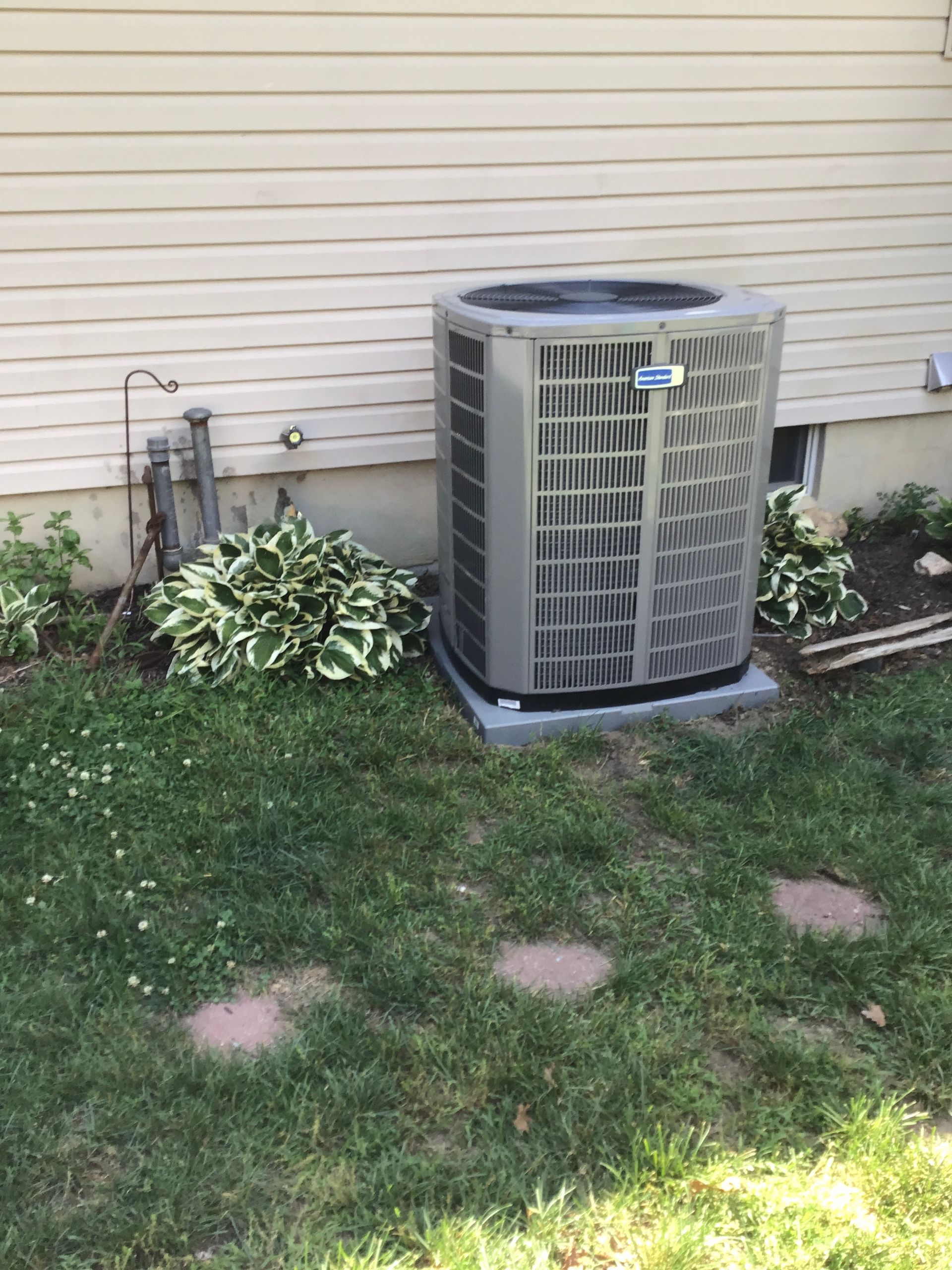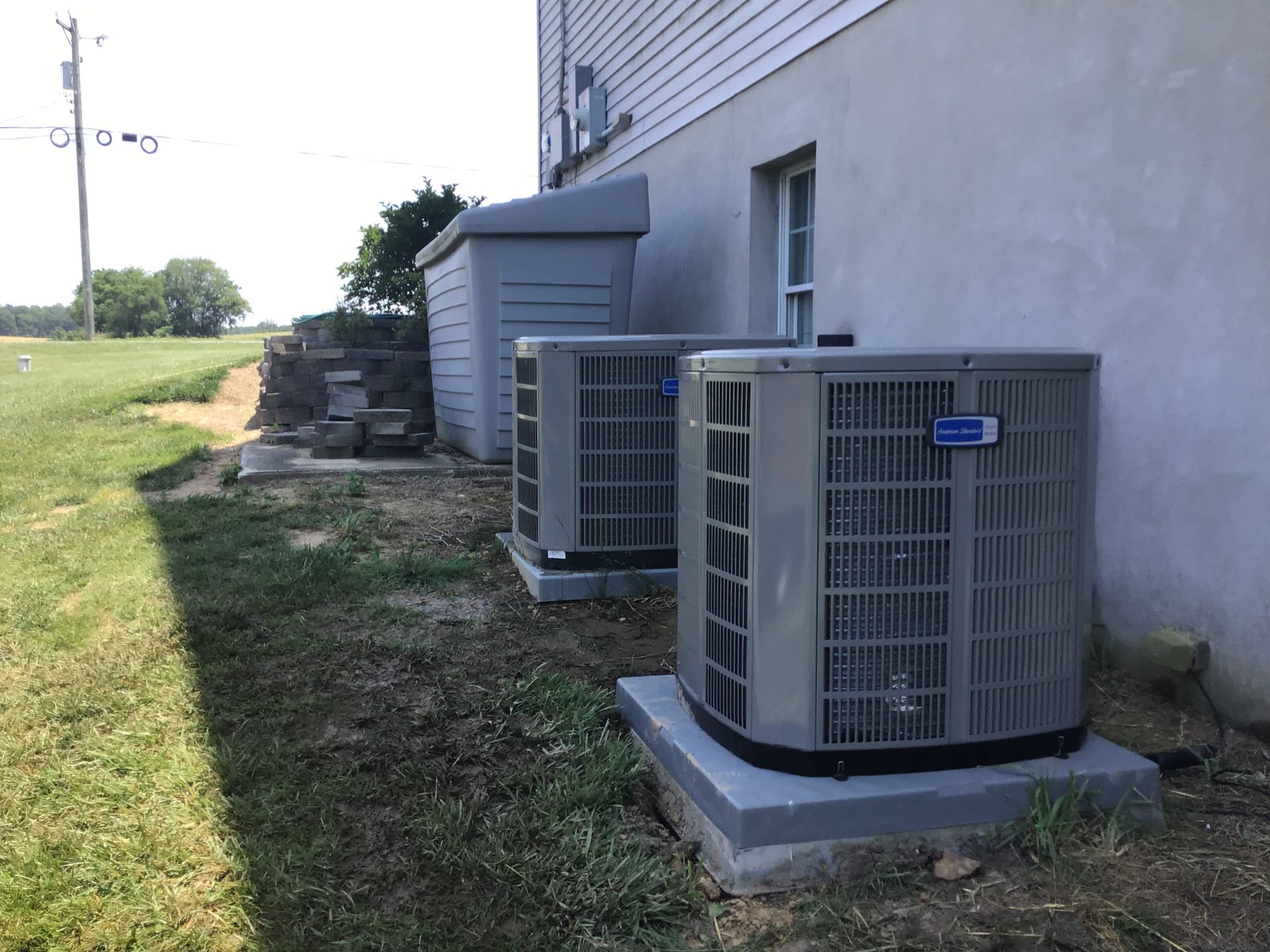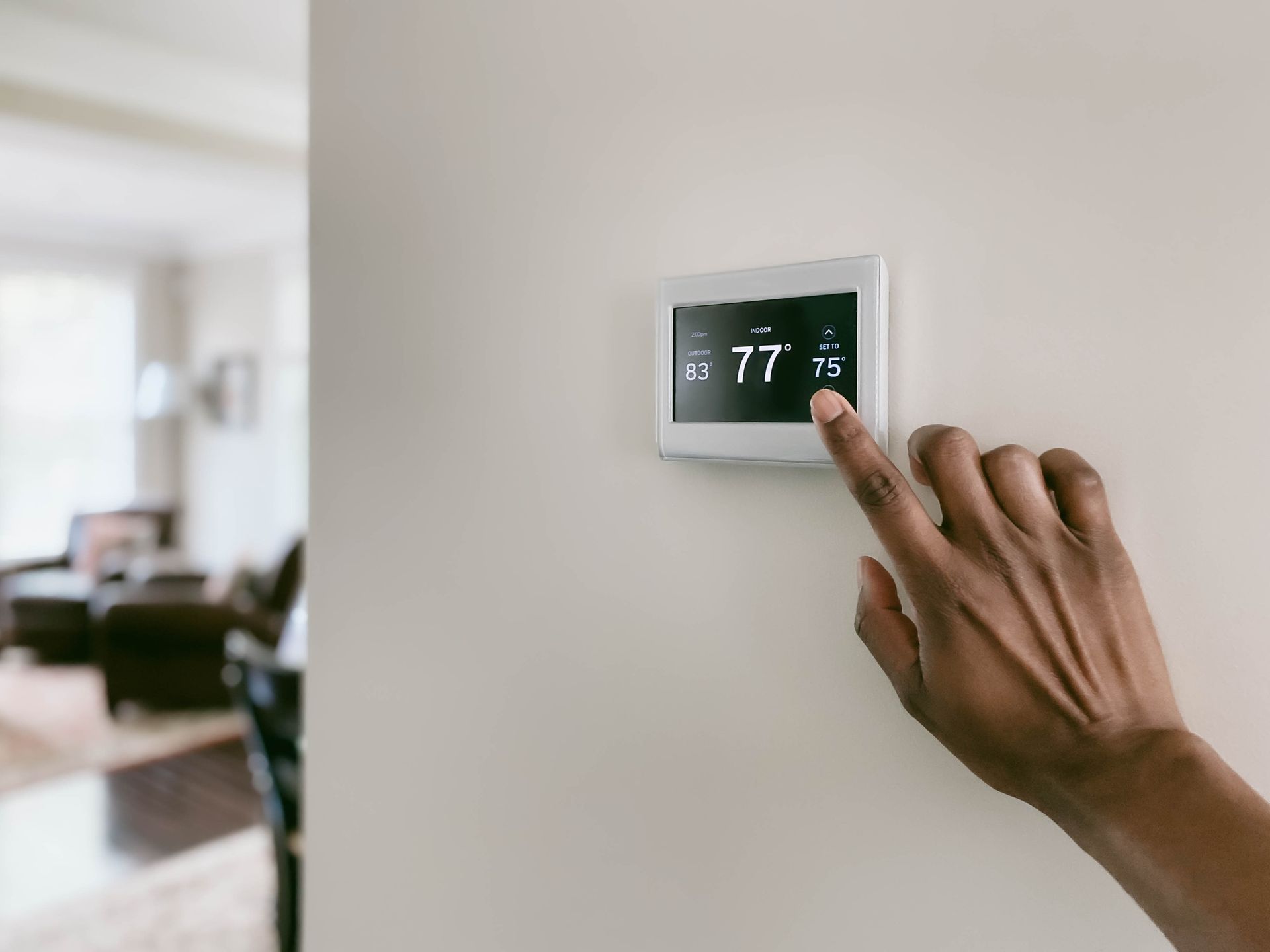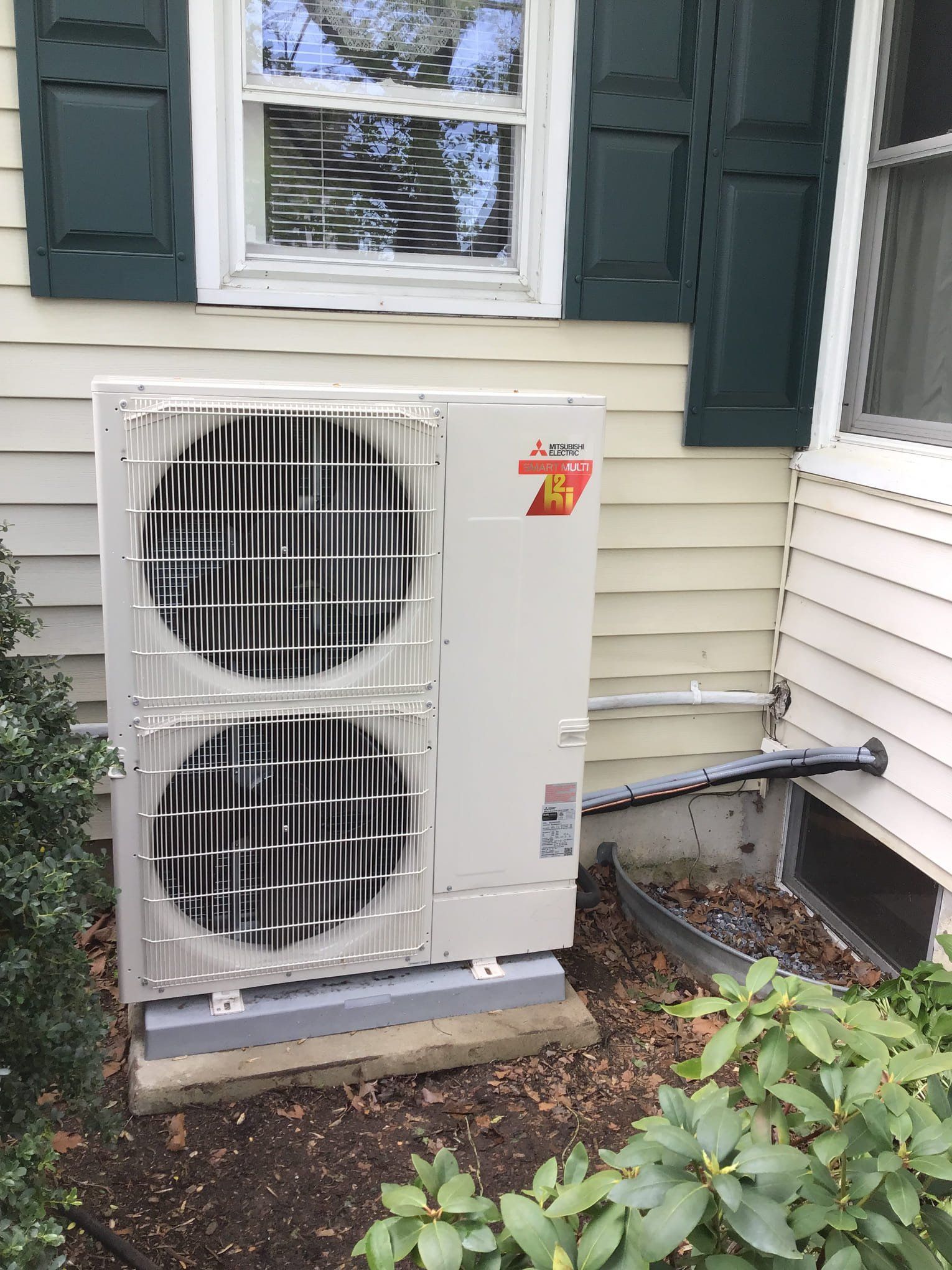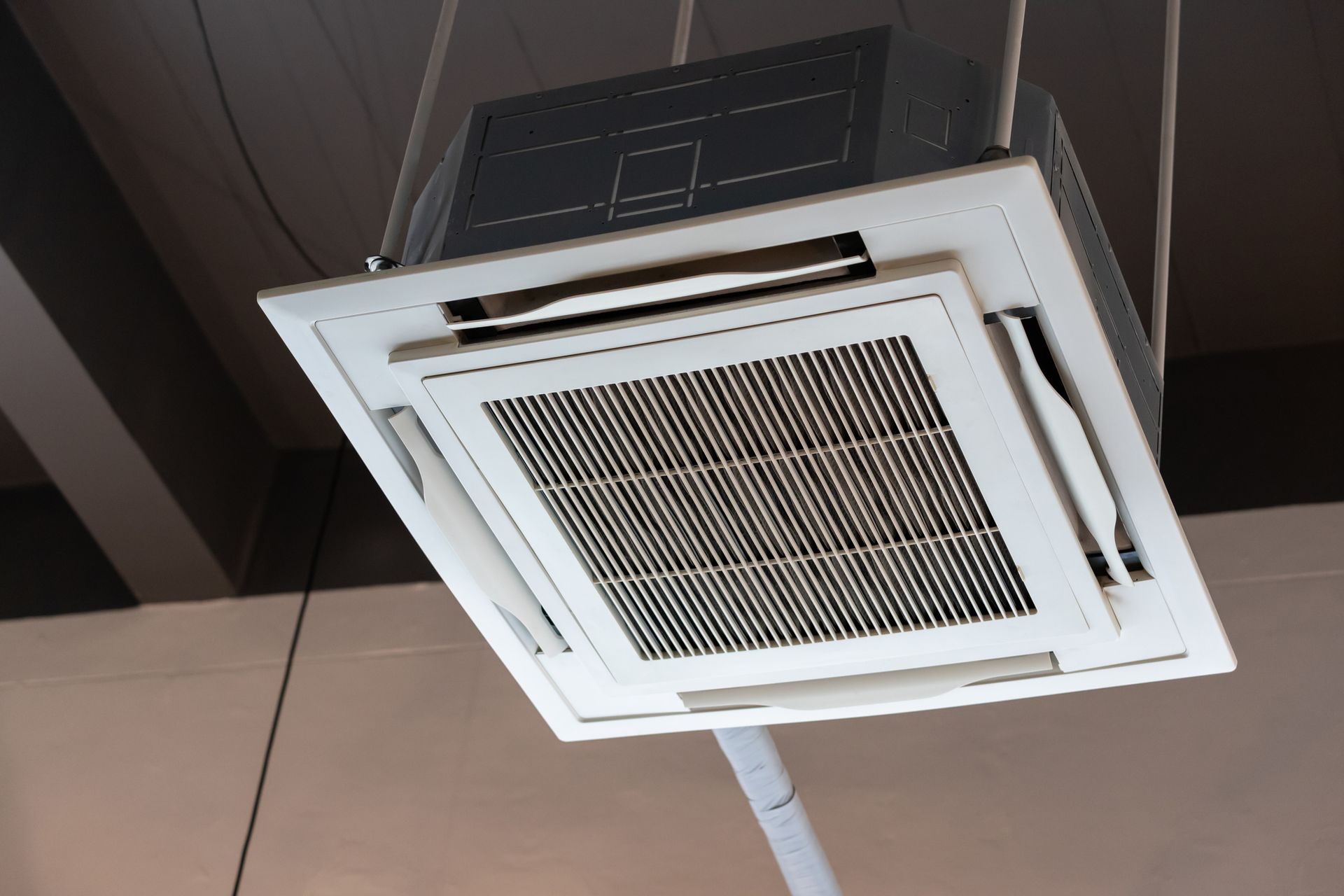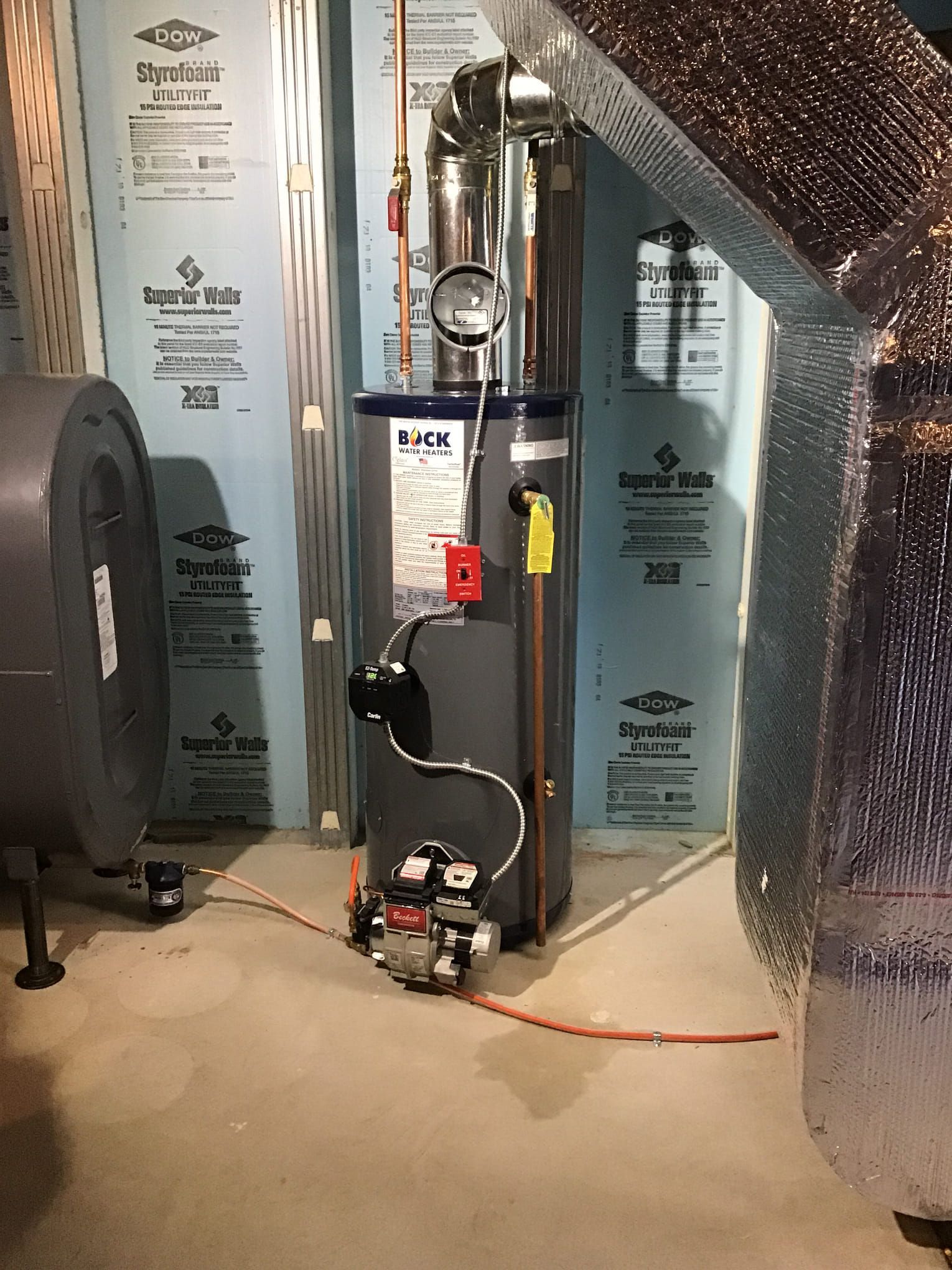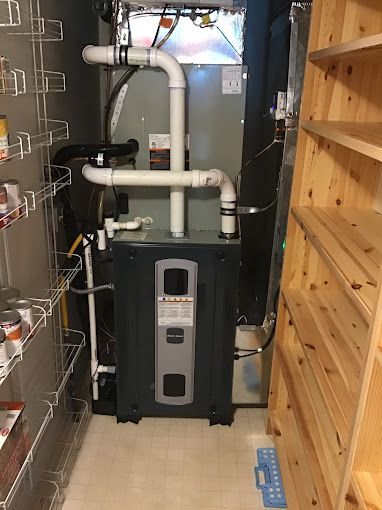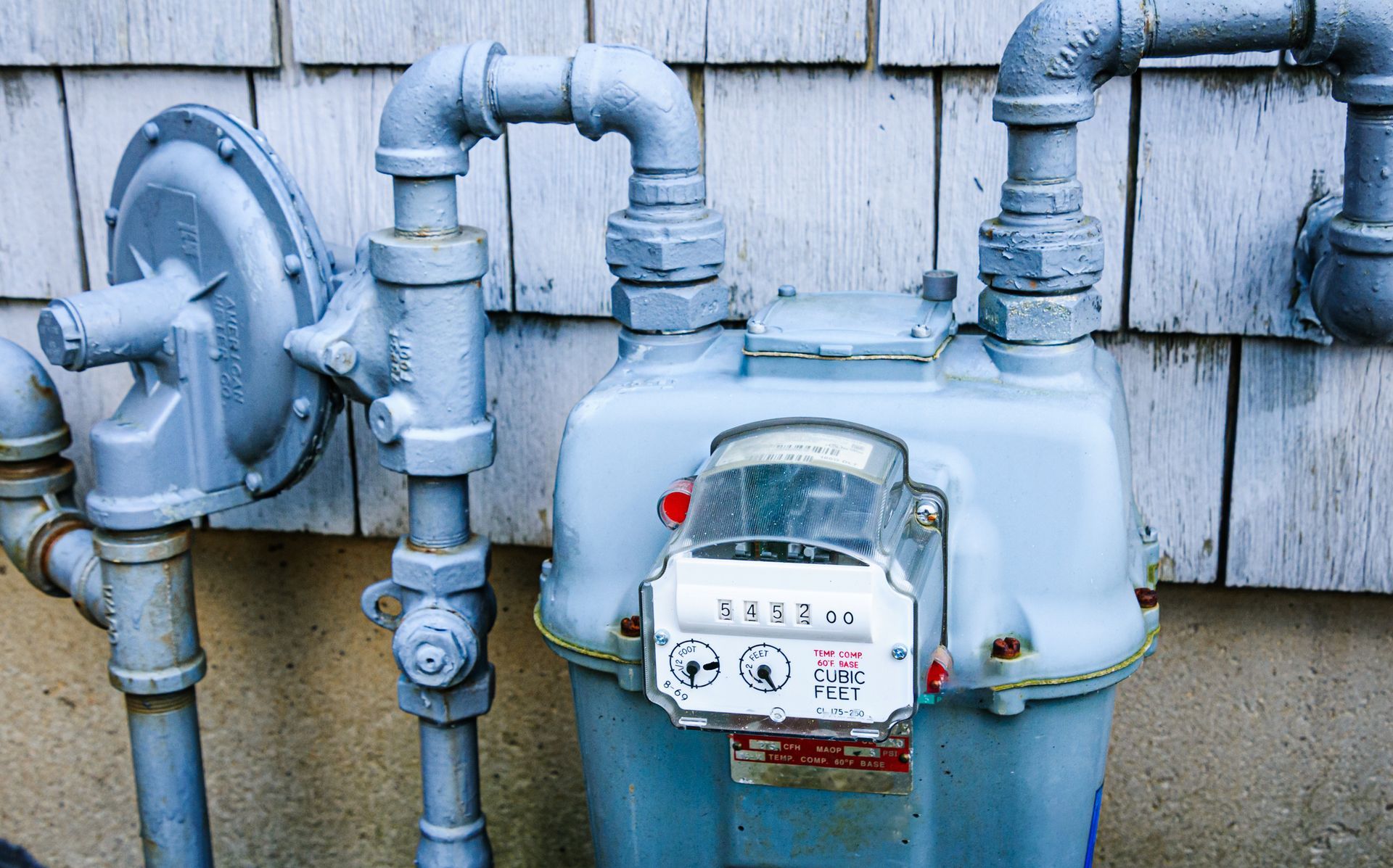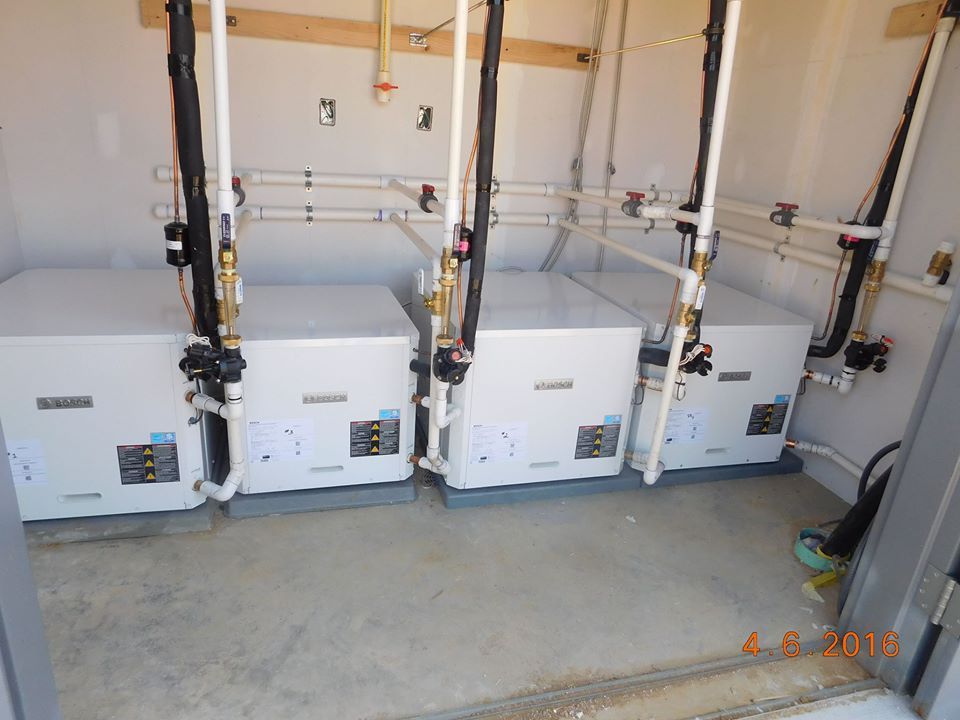SCHEDULE SERVICE**
At Heating Specialties, It’ll Be “Fixed Right, Guaranteed!
We know that there are many companies in our trade with similar services. That is why we strive to set ourselves apart from the competition. Unlike other HVAC repair services, we go out of our way to make sure that you have a hassle-free experience with us. Our team will provide you with outstanding customer service every step of the way, from the initial phone call to the completion of the job.
Expert Heating & AC Service in South Jersey
Heating Specialties is the leading HVAC repair service in South Jersey. When it comes to heating , ventilation , and air conditioning services , we are the most reliable choice in the community.
Happily Serving
- Atlantic County
- Cape May County
- Cumberland County
- Gloucester County
- Salem County


